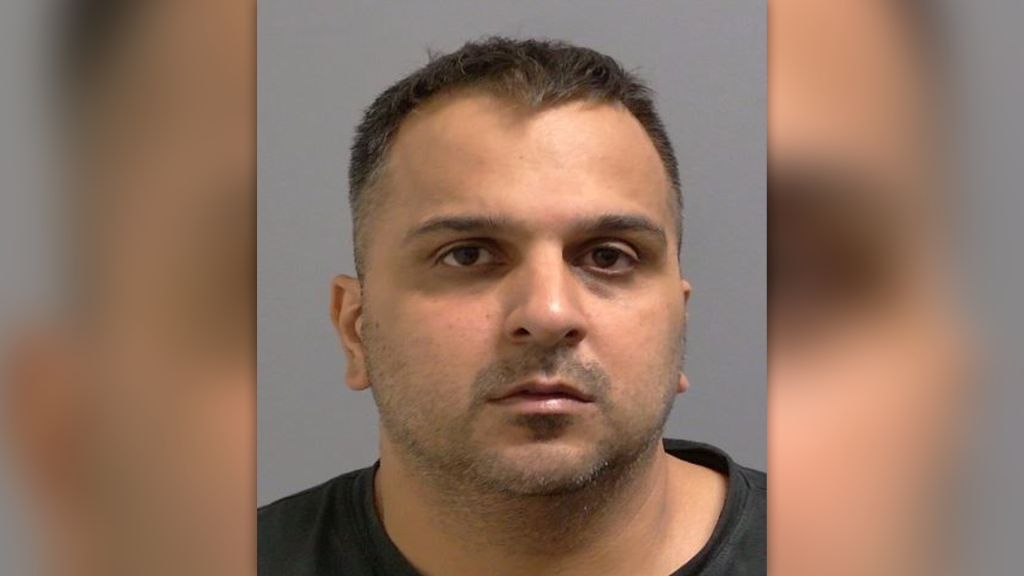Assignment asking students to play role of colonizers was ‘insensitive’: Hamilton Catholic School Board
Posted June 15, 2020 6:13 pm.
Last Updated June 15, 2020 6:26 pm.
In this era of global anti-racism protests and heightened awareness of injustices perpetrated against Black and Indigenous populations, a tweet posted over the weekend about a school assignment in Hamilton is going viral.
Stephanie Allen whose handle on Twitter is @builtjustice says her cousin’s kids received a history assignment handed out by a teacher in the Hamilton Catholic School Board.
https://twitter.com/BuiltJustice/status/1272212323088781312
The task asked the students to “pretend that you are the colonist from France. You have just discovered North America.”
The students are told to write a speech to “convince the aboriginal people to let you stay on their land.”
The assignment sparked outrage on Twitter, with some accusing schools of reinforcing white supremacy.
The assignment was drawn from a section of the curriculum which invites students to investigate the perspectives of different communities and groups including Indigenous peoples. Pat Daly, the chair of the Hamilton Catholic School Board is acknowledging their mistake, saying that the board and the teacher quickly recognized that was not accomplished and they have pledged to do better.
“Clearly the specific question did not serve a positive purpose,” he says. “It was inappropriate. And we absolutely learned from this.”
George Dei, who is a professor of social justice education at the Ontario Institute for Studies in Education says we need to start to really look at what history is, and to start thinking critically about teaching history.
“We must begin to teach history about the omissions, the misrepresentation and who constructs history,” he says. “Why certain experiences are not counted as part of history.”
Dei also says much tougher questions have to be asked. He thinks the whole education system has to go back to the basics, and changes must be made to curriculums.
“In this day, you can’t talk about history without talking about questions about race and colonization. They are central to how we tell histories. Agency, resistance…they speak to questions about race and colonization and how certain people’s humanity has not been taken into account. We can’t be complacent and there is much to be done.”
Daly says the board and its Indigenous committee will review the matter and work together to see what they can do better to promote truth and reconciliation.










